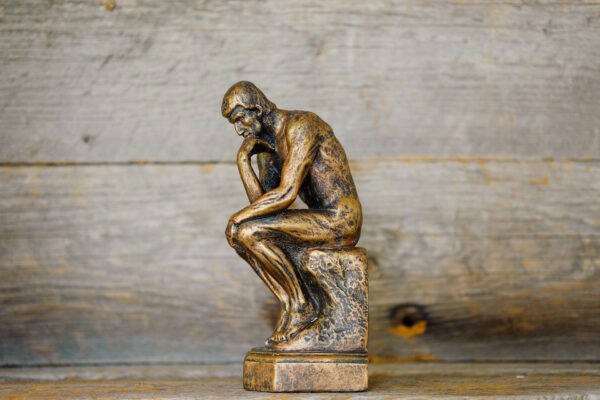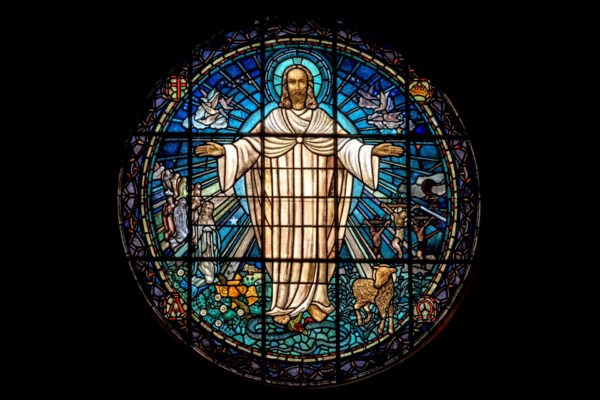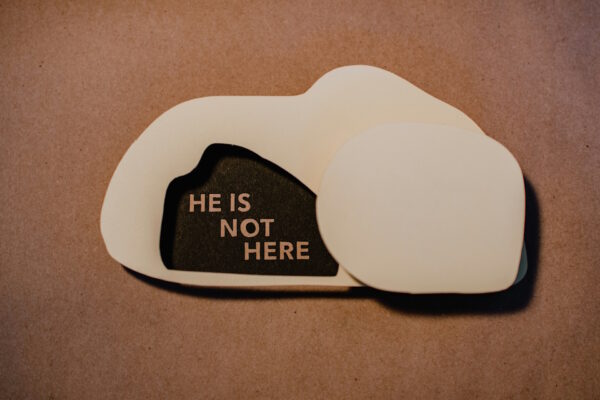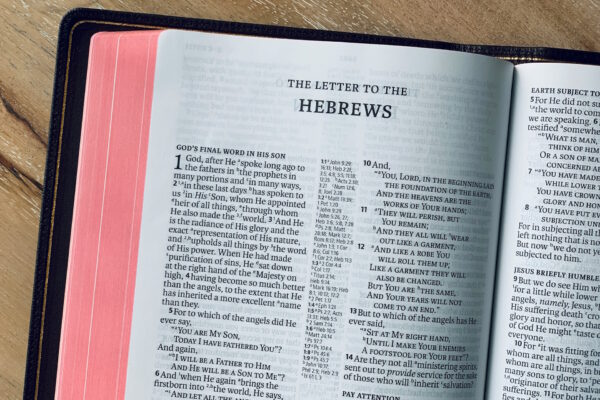In addition to the list of our church statements on worship, here some of the most frequently asked questions about the life and liturgy of our church.
What is a “liturgy”?
Every church has a “liturgy,” which refers to the elements and order of a church’s worship. Whether it is written out or not, every church has a preferred order of worship. The Bible does not explicitly mandate a specific order of worship for the church, and having a certain order of worship does not ensure that our worship will be authentic, honest, and lively. But having a thoughtful pattern of worship is one of the most important things a congregation can do to ensure that its worship is biblical, and that the main purposes of worship are carried out each week. Crafting the liturgy is one of the primary ways for Elders to minister the word to their congregations. Having a set order of worship like this gives the congregation something to expect, providing the consistency needed for active participation. It also fosters habits of grace, training and reshaping and reorienting us to live a life centered around the gospel every day.
Why do we gather for worship on Sundays?
Christians gather on Sunday because our Lord Jesus rose from the dead on the first day of the week. From the creation of the world to the coming of Christ, the day which God appointed as a special day of rest and worship was the last day of the week. This “Sabbath” looked back to Creation and the Exodus, and it also pointed forward to the eternal rest God’s people would one day enter. But when Christ came to establish his kingdom, he fulfilled and transformed the Sabbath. Just as God rested after his work of creation, so Christ rested after his work of redemption when he took his seat at the right hand of the Father. In light of this, the church began to gather for worship on Sunday—the day of the resurrection—which the New Testament tells us became known as the “Lord’s Day.” So, every time we assemble for worship on the Lord’s Day, we are declaring that Jesus is the King of the world, that a new age has dawned, and that we are citizens of his kingdom. Our week begins with the reminder of the rest he has won for us, a foretaste of the eternal rest we will enjoy in the new creation. For more information, check out these two books: There Remains a Sabbath Rest for the People of God, Getting the Garden Right.
Why do we gather for worship in one service and one location?
A local church is a people who gather, who worship, and who act together. By definition, it is an assembly. It is a people who have been baptized into the triune name who gather regularly in a particular place to make the kingdom of God visible. Like a sports team, we remain the church when we aren’t gathered together, but we wouldn’t be a church if we never gathered together! We don’t have multiple sites or multiple services for the simple reason that those things would divide this local expression of the body of Christ, the redeemed that gather here at ECC. It would subtly redefine what our church is by creating assemblies that would no longer gather, worship, or act together as one united body. And so, while we gather in different ways throughout the week, we still assemble on the Lord’s Day for one worship service in one location.
Why does our liturgy follow a pattern of call and response?
Worship is a dialogue between God and his people. God speaks to us by his Word as it is read and preached, so that we can speak back to him in confession, prayer, and song. In fact, the word ‘liturgy’ comes from a Greek word that means “public service,” and is used in Scripture to refer to the ministry of the priesthood. However, through the gospel of Jesus, the church is a kingdom of priests, and worship is now the work of the whole congregation! In other words, we gather on the Lord’s Day not to be entertained as passive observers but to be actively engaged as joyful participants. This is why we ask our congregation to read verses and respond with “Amen” and “Let us rejoice and be glad” and “Thanks be to God”—whether we feel like it or not.
Why do we say “the holy catholic church” in the Creeds?
The word ‘catholic’ comes from a Greek word that means “universal, concerning the whole.” It was first used to describe the church by Ignatius of Antioch around 110 AD. In the creeds and confessions, this word does not refer exclusively to the Roman Catholic Church but rather to the universal Church—the people of the triune God who belong to him by grace through faith in Christ. The “holy catholic church” means the single worshiping community that exists throughout space and time and across denominational lines. We have chosen to keep this word in the creeds we confess not only because it is original to them but because it’s a way to express our unity with other denominations that say this word with us: Lutherans, Anglicans, Methodists, Presbyterians, Baptists, Pentecostals, et. al. So, when we say “catholic,” don’t think Roman Catholic; think the one true Church, built on the foundation of the apostles and prophets, with the risen Lord Jesus himself as the chief cornerstone!
For more on our the life and liturgy of our church, check out the following:




